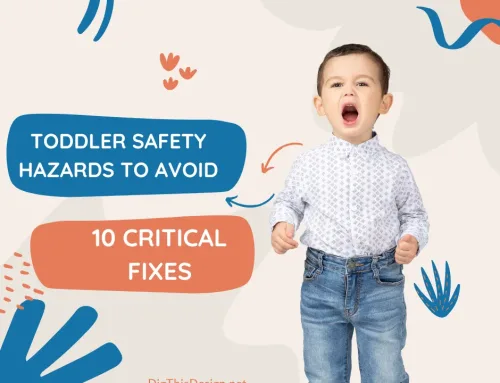Septic systems play an essential role in managing household wastewater, especially in rural areas without municipal sewage systems. If you have an on-site wastewater treatment system, scheduling routine maintenance extends the life of your unit and prevents costly repairs and environmental contamination. At Septic Blue, we prioritize routine care practices like septic pumping in Austell, ensuring your system runs efficiently for years. Here are the ten recommendations to keep your wastewater treatment unit functioning smoothly.
What You Need to Know About Septic System Maintenance
Schedule Regular Inspections
Early detection goes a long way to prevent damage and subsequent repair costs. The best way to avoid such scenarios is to schedule professional inspections every 1-3 years. Certified technicians will check for leaks, sludge buildup, and proper drainage. Regular inspections help you detect issues early, saving you money that could have been used for repairs or replacements.
Regular Septic Pumping
Plumbers and industry professionals recommend pumping every two to five years, depending on usage and household size. When you hire an expert for septic pumping in Austell, they remove excess sludge and scum, ensuring your system doesn’t get overloaded. While septic systems can run for years without showing signs of damage, neglecting pumping sessions can cause clogs, backups, and costly repairs down the line.
Conserve Water Usage
Excessive water can strain your septic system, reducing its ability to treat wastewater. You can avoid overloading the system by using water-efficient appliances, fixing leaks, and spreading out water-heavy activities like laundry. This preventive and proactive approach protects your system and extends its lifespan.
Be Mindful of What You Flush
Toilets should only handle human waste and toilet paper. However, most people flush everything, from wipes and diapers to sanitary products and chemicals. Even if these products are labeled “flushable” or “septic-friendly,” they can clog pipes and disrupt the tank’s bacterial balance. Proper disposal keeps your system running smoothly and prevents backups.
Avoid Heavy Chemicals and Cleaners
Harsh chemicals can kill beneficial bacteria in your septic tank that break down waste. When cleaning, choose septic-safe products or natural alternatives like vinegar and baking soda. This helps maintain the tank’s bacterial ecosystem and improves wastewater treatment. If you want to use store-bought products, consult an expert and research to ensure they don’t contain harmful chemicals.
Landscape Carefully Around the System
Trees and large shrubs can damage your septic system if their roots penetrate pipes or the tank. Plumbers recommend planting trees at least 30 feet away from your septic area and choose shallow-rooted plants for landscaping around the drain field. Proper landscaping prevents root intrusion and protects your system.
Protect the Drain Field
Your septic system’s drain field is crucial for filtering wastewater before it returns to the soil. Avoid driving or parking vehicles on it, as heavy weight can compact the soil and damage pipes. Keep the area clear of large structures or impermeable surfaces to allow for proper drainage and aeration.
Manage Grease and Food Waste
Grease and food particles can clog your septic system and lead to drainage issues. Avoid using your kitchen sink as a garbage disposal, and instead, scrape food into the trash. Grease and fat solidify within pipes, creating blockages that can disrupt wastewater flow.
Install an Effluent Filter
Effluent filters are a valuable addition to any septic tank. They prevent large particles from leaving the tank and clogging the drain field. Installing a filter reduces maintenance needs and keeps your drain field functioning effectively for a longer time.
Keep Detailed Maintenance Records
Maintain records of all inspections, pumping sessions, repairs, and any issues you encounter. Keeping a history helps you track the system’s health, anticipate when pumping is needed, and provides useful information if you sell your property.
A well-maintained septic system is essential for a healthy home environment. By following these ten maintenance recommendations, you can prevent costly repairs, safeguard your property, and reduce environmental impact. Contact us at Septic Blue and schedule a consultation with our experts to take a proactive approach to septic care, saving you money and protecting your family.





